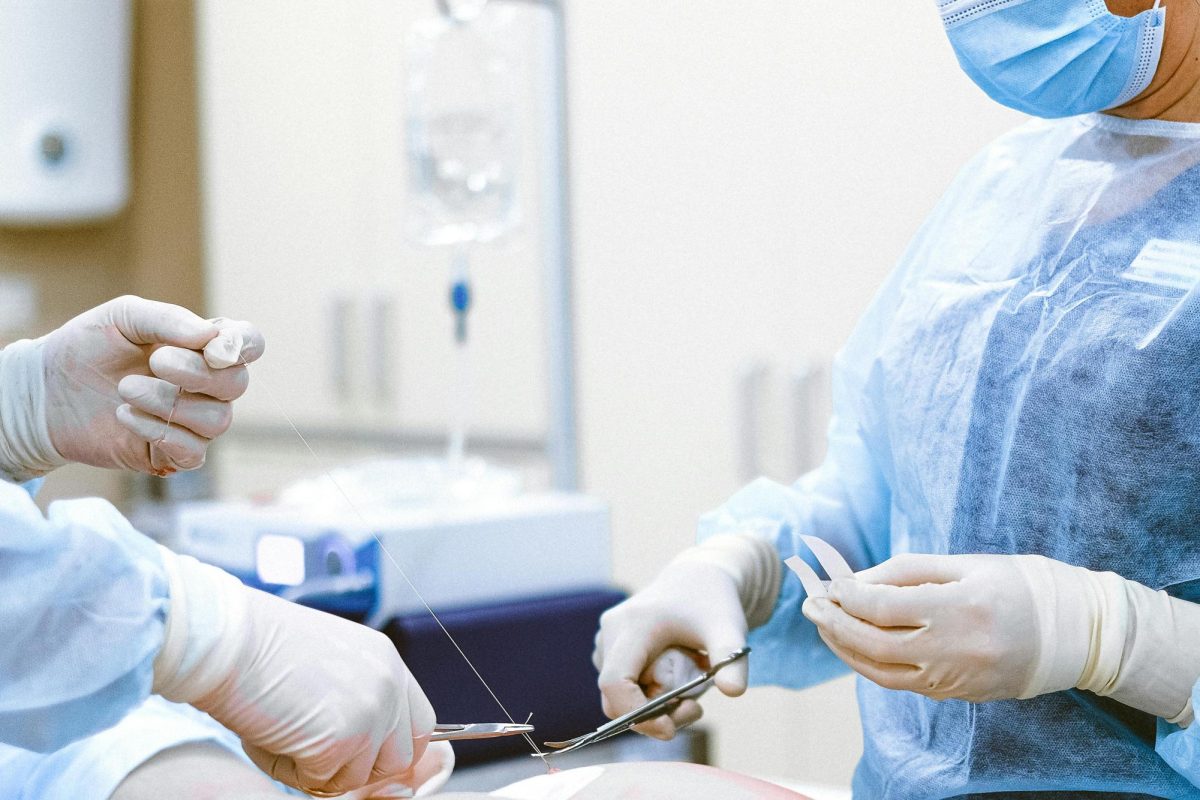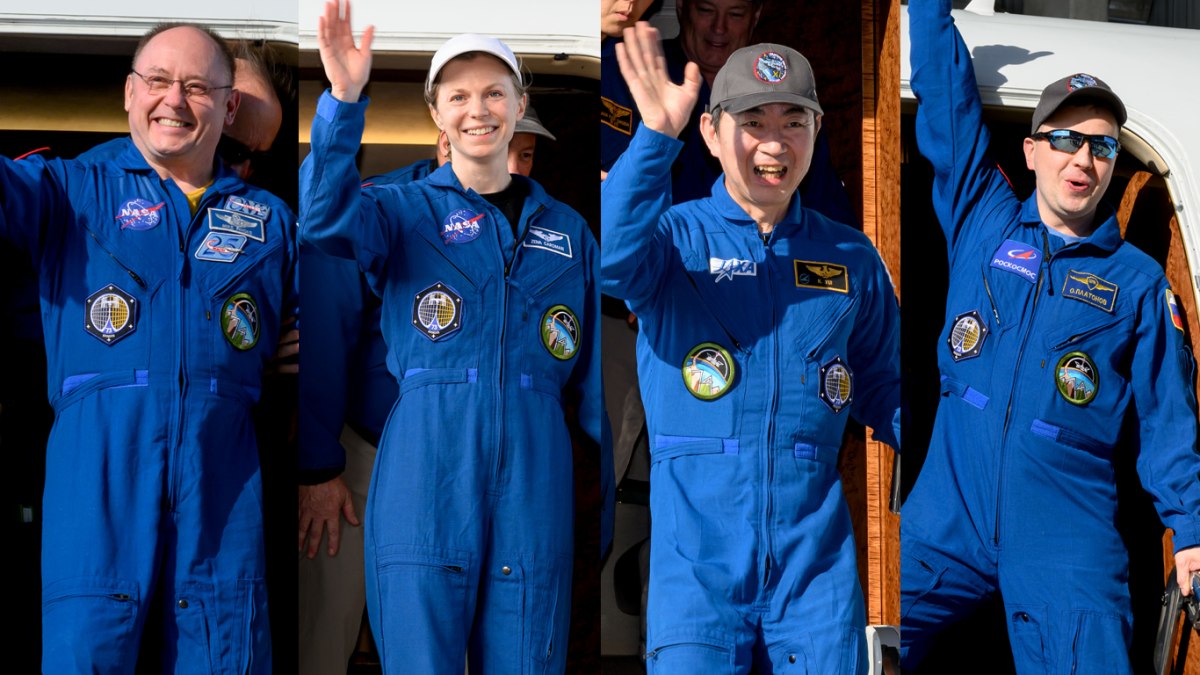A surgical breakthrough is rewriting the rules for brain tumor treatment: FastGlioma, an AI-powered tool, has proven capable of detecting residual tumor tissue during surgery in just 10 seconds. With a 92% accuracy rate, this revolutionary technology offers unparalleled precision, outperforming traditional techniques that often leave traces of tumor tissue and increase the risk of recurrence.
Researchers developed this game-changing technology by training FastGlioma with over 11,000 surgical specimens. This extensive database allows the AI to analyze microscopic imaging of brain tissues in real-time during surgery, providing surgeons with instant feedback that enhances their ability to remove tumor cells while sparing healthy brain tissue.
FastGlioma’s power lies in its integration of advanced imaging techniques and artificial intelligence. The technology utilizes stimulated Raman histology, a method that captures the molecular composition of tissues. The data is then processed by an AI algorithm capable of differentiating between healthy brain tissue and tumor remnants at a microscopic level. Unlike traditional methods that require lengthy laboratory analysis, FastGlioma delivers immediate results, allowing surgeons to adjust their approach on the spot.
This speed and precision is transformative for brain tumor surgeries. In contrast, conventional techniques, such as intraoperative MRI, can be costly, time-intensive and inaccessible in many healthcare settings.
The benefits of FastGlioma extend far beyond its impressive accuracy. By providing real-time insights, the AI system reduces the cognitive and technical burden on surgeons. Surgeons no longer need to rely solely on their visual assessments or wait for pathology results mid-surgery. The streamlined process not only shortens surgical times but also increases the likelihood of successful tumor removal, potentially improving patient survival rates.
Traditional surgical tools have a documented error rate, leaving residual tumor tissue in up to 25% of cases. FastGlioma has reduced this rate to an astounding 3.8%, according to clinical trials, making it a trusted resource for surgical teams in complex neurological cases.
FastGlioma’s potential goes beyond brain cancer. Researchers envision its application in other types of cancer surgeries, such as for pediatric tumors, breast cancer and lung cancer.
The AI’s ability to process tissue data quickly and accurately makes it adaptable to a wide range of oncological contexts. Additionally, FastGlioma exemplifies how AI can drive innovation in other medical fields. Its underlying principles could inspire developments in precision medicine, where AI tools might be used to detect abnormalities or guide surgical interventions in real-time for other conditions.
For patients, FastGlioma represents a step forward in personalized and precise medical care. Reduced surgical risks, fewer complications and improved outcomes translate to better quality of life and survival rates. Patients who might previously have required follow-up surgeries due to missed tumor tissues could now benefit from a more definitive and efficient first procedure. FastGlioma’s success underscores the transformative potential of artificial intelligence in healthcare. As technology continues to evolve, its integration into surgical practices highlights the future of medical innovation, a future where precision and efficiency define the standard of care.
While FastGlioma focuses on brain tumors, its technology could also be applied to dental care. For example, AI-driven imaging tools could enhance early detection of oral cancers, improve precision in dental surgeries and aid in diagnosing complex oral pathologies. The rapid identification capabilities demonstrated by FastGlioma might also be adapted to detect infections or assess bone density changes during procedures, ultimately improving patient outcomes in dentistry. Furthermore, its success exemplifies the value of integrating AI in medical fields, paving the way for similar innovations in oral health.
FastGlioma represents a leap forward in leveraging AI for medical precision, underscoring the transformative potential of technology in enhancing patient care and surgical success rates. With continued research and adaptation, its principles could redefine standards not only in neurosurgery but also across broader medical disciplines, including dentistry.








